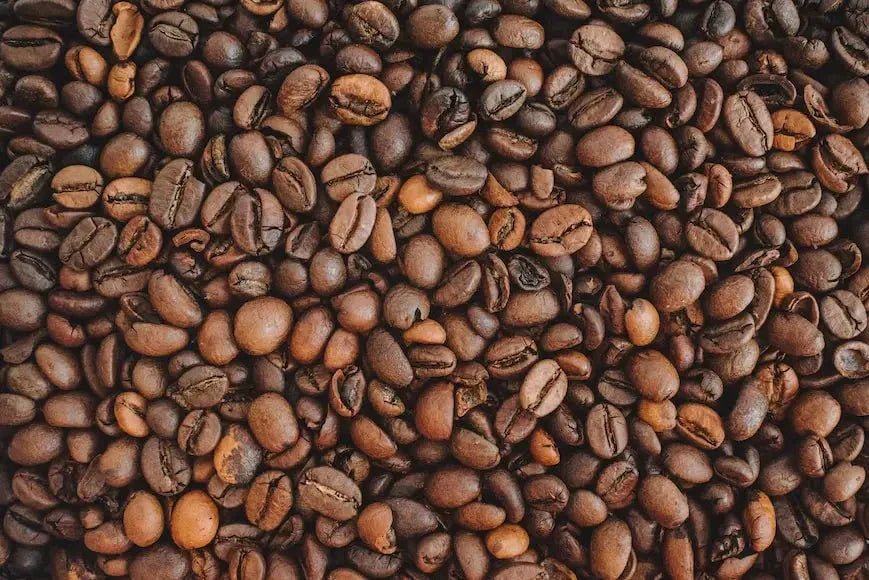Natural Coffee: What It Is and Why It Tastes So Wild
If you've ever had a coffee that smacked of blueberry jam or tasted like someone dropped a fruit salad into your cup, there's a good chance it was a natural process coffee. It's bold, often funky, and definitely not boring.
Here's what natural coffee is, how it's made, and why it tastes the way it does.

Natural coffee cherries are dried whole on raised beds, letting the fruit infuse bold flavour into the bean.
What Is Natural Process Coffee?
Natural process (also called "dry process") coffee is made by drying the whole coffee cherry with the fruit still on. Instead of removing the skin and pulp straight after picking (like washed coffees), natural coffees are left out in the sun to dry slowly, fruit and all.
This method lets the sugars and flavours in the fruit sink deep into the seed (which we call the bean), leading to coffees that are often sweet, fruity, heavier-bodied, and sometimes a bit wild.
It's the oldest way to process coffee, and still one of the most hands-on.

Cupping reveals the bold fruit and chocolate notes that make natural coffees so distinctive.
What Does It Taste Like?
Natural coffees are known for being fruity, sometimes intensely so. You might taste things like:
- Blueberries
- Strawberries
- Tropical fruit
- Raisins or red wine
- Dark chocolate
They often have more body, lower perceived acidity, and can even carry boozy or fermented notes if pushed too far. Some are clean and sweet. Others are wild and funky. It's part of the charm.
Not for everyone, but unforgettable when done right.

Fermentation is where the flavour starts — fruit, sun, and time coming together on the drying bed.
Why Natural Coffee Tastes the Way It Does
Drying whole cherries causes a slow, natural fermentation to happen. That fermentation is what gives the coffee its distinct character.
Producers have to manage it carefully:
- Too little fermentation? The coffee might taste flat.
- Too much? You risk mould or off-flavours.
It all comes down to sun, airflow, and timing.
☕ Brewing Tip
Natural coffees shine in filter brews and pour-overs. Use slightly cooler water (around 92°C) and a coarser grind to let the fruit notes come through cleanly.

Natural coffees shine in filter brews — let the fruit-forward flavours come through with a slower pour and lighter touch.
Is Natural Coffee Sustainable?
In many ways, yes. Natural processing uses far less water than washed coffee, which is a big win in regions where water is scarce.
It's also lower-cost for farmers with the right conditions — no need for fermentation tanks or water channels.
But it's also high-risk. The weather has to play nice. And the cherries have to be turned constantly to avoid mould or uneven drying.
Skilled producers pull it off beautifully. Others? Not so much. That's why quality naturals tend to come from experienced farms in dry regions with the space and setup to do it right.
The Bottom Line
Natural coffee is loud, fruit-forward, and full of personality. It won’t suit every palate, but if you’re into flavour, it's worth exploring.
We love naturals when they’re clean, sweet, and just a little wild — and that’s exactly what our African Moon brings to the table.
Curious? Grab a bag of our Ugandan natural here and taste it for yourself.




